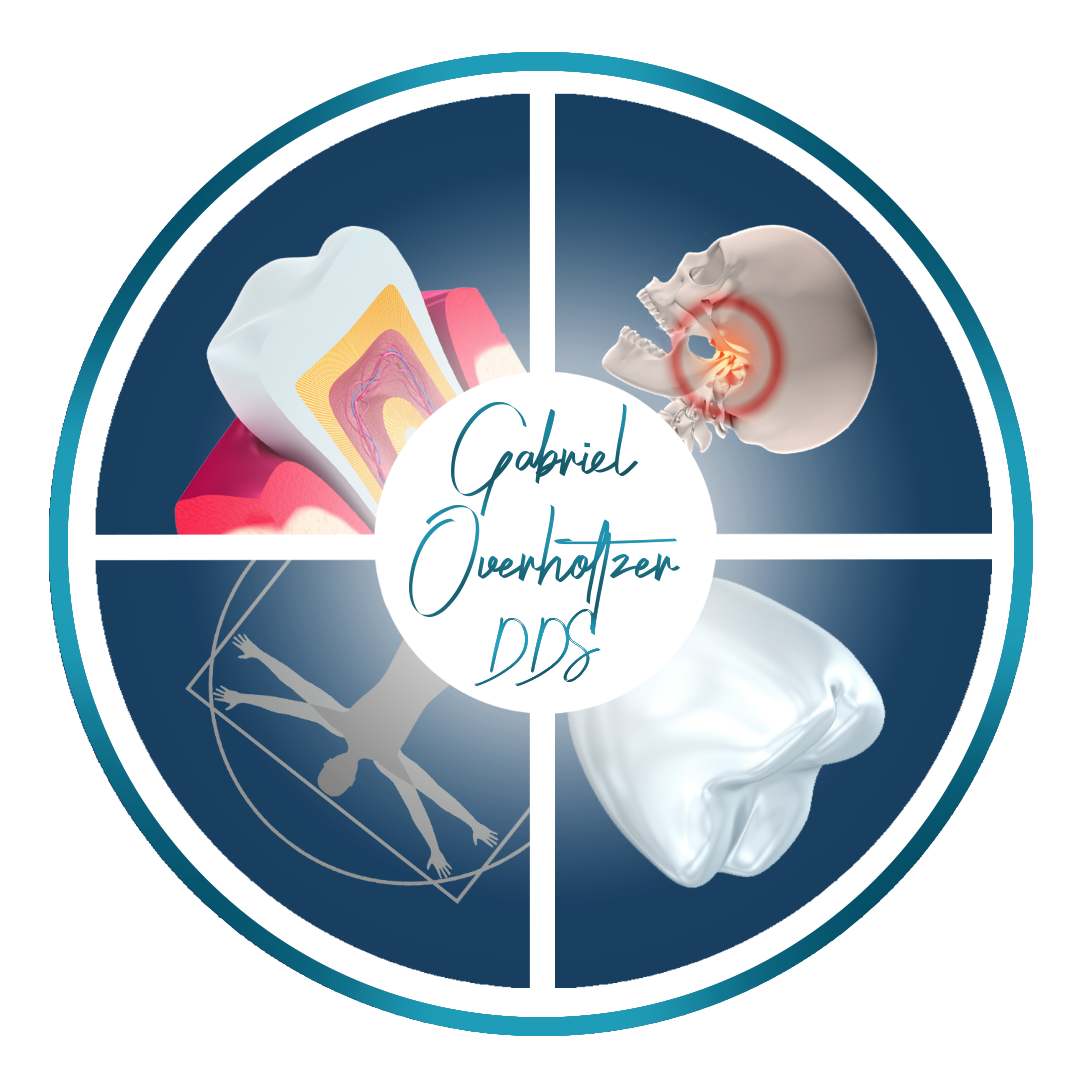Dental anxiety is a common issue that affects individuals of all ages, preventing many from seeking the essential dental care they need. The fear of dental procedures can be paralyzing, but there are effective strategies to manage and overcome this anxiety. In this article, we will explore dental anxiety and six key strategies to help individuals have a more comfortable and stress-free dental visit.
1. Understanding Dental Anxiety
Dental anxiety is more than just a fear of the dentist; it can encompass various anxieties related to dental care, including fear of pain, needles, drills, or simply being in the dental chair. Understanding the root causes of your anxiety is the first step toward managing it.
The following are the practices you can adopt to reduce dental anxiety in Bishop CA or any other region.
2. Open Communication with Your Dentist
Building a trusting relationship with your dentist is essential. Be open about your anxiety and discuss your fears and concerns. Dentists are trained to work with anxious patients and can tailor their approach to make you feel more comfortable during your visit.
3. Dental Sedation Options
Dental sedation techniques, such as nitrous oxide (laughing gas), oral sedatives, or intravenous (IV) sedation, can help alleviate anxiety and make dental procedures more manageable. Discuss these options with your dentist to determine which one may be suitable for you.
4. Gradual Exposure
For some individuals, gradually exposing themselves to the dental environment can help reduce anxiety. This can involve short, non-invasive visits to the dental office, allowing you to become more familiar with the setting and staff.
5. Relaxation Techniques
Practicing relaxation techniques before and during your dental visit can help manage anxiety. Techniques like deep breathing, mindfulness, or guided imagery can help you stay calm and focused during the appointment.
6. Distraction and Comfort Measures
Many dental offices now offer distraction methods, such as watching TV or listening to music, to help patients take their minds off the procedure. Additionally, comfort measures like bringing a supportive friend or using a stress ball can provide reassurance during the visit.
Conclusion
Dental anxiety should not deter you from seeking essential dental care. By understanding the root causes of your anxiety, communicating openly with your dentist, exploring sedation options, gradually exposing yourself to the dental environment, practicing relaxation techniques, and utilizing distraction and comfort measures, you can take control of your anxiety and have a more stress-free dental visit. Remember that dental professionals are there to support you and provide the care you need while prioritizing your comfort and well-being.
